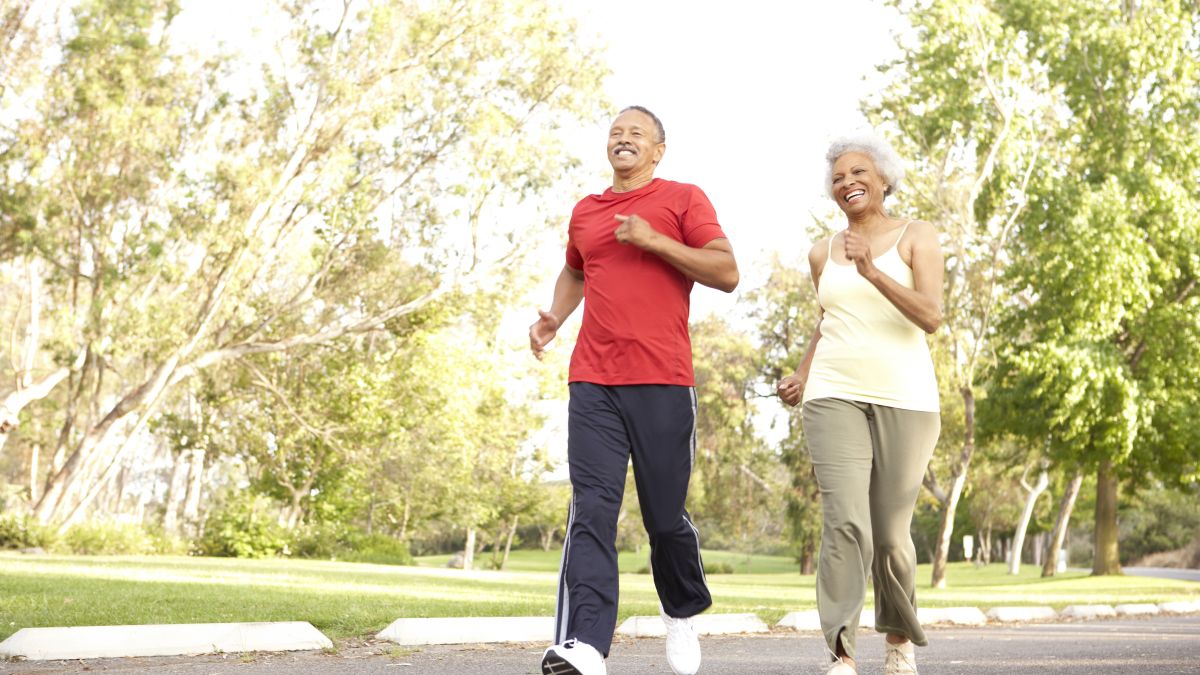Why choose Ochsner Medical Center - New Orleans for osteoporosis care?
Your bones are the foundation of a healthy, active life. As you age, however, this foundation may begin to weaken. If you lose bone mass faster than your body can replace it, you may develop osteoporosis, a condition that causes thin, weak bones at risk of fracture. At Ochsner Medical Center - New Orleans, the Fracture Care Clinic provides osteoporosis care to patients from Louisiana and Mississippi who have an osteoporosis-related fracture. This care helps the patients reduce their risk of breaking a bone again.
As the first clinic of its kind in the Greater New Orleans area, the Fracture Care Clinic diagnoses osteoporosis in men and women and creates personalized treatment plans to help patients improve their bone health. Most importantly, our clinic helps patients maintain and enhance their health, mobility and independence for the long term by reducing their risk for a second fracture.







